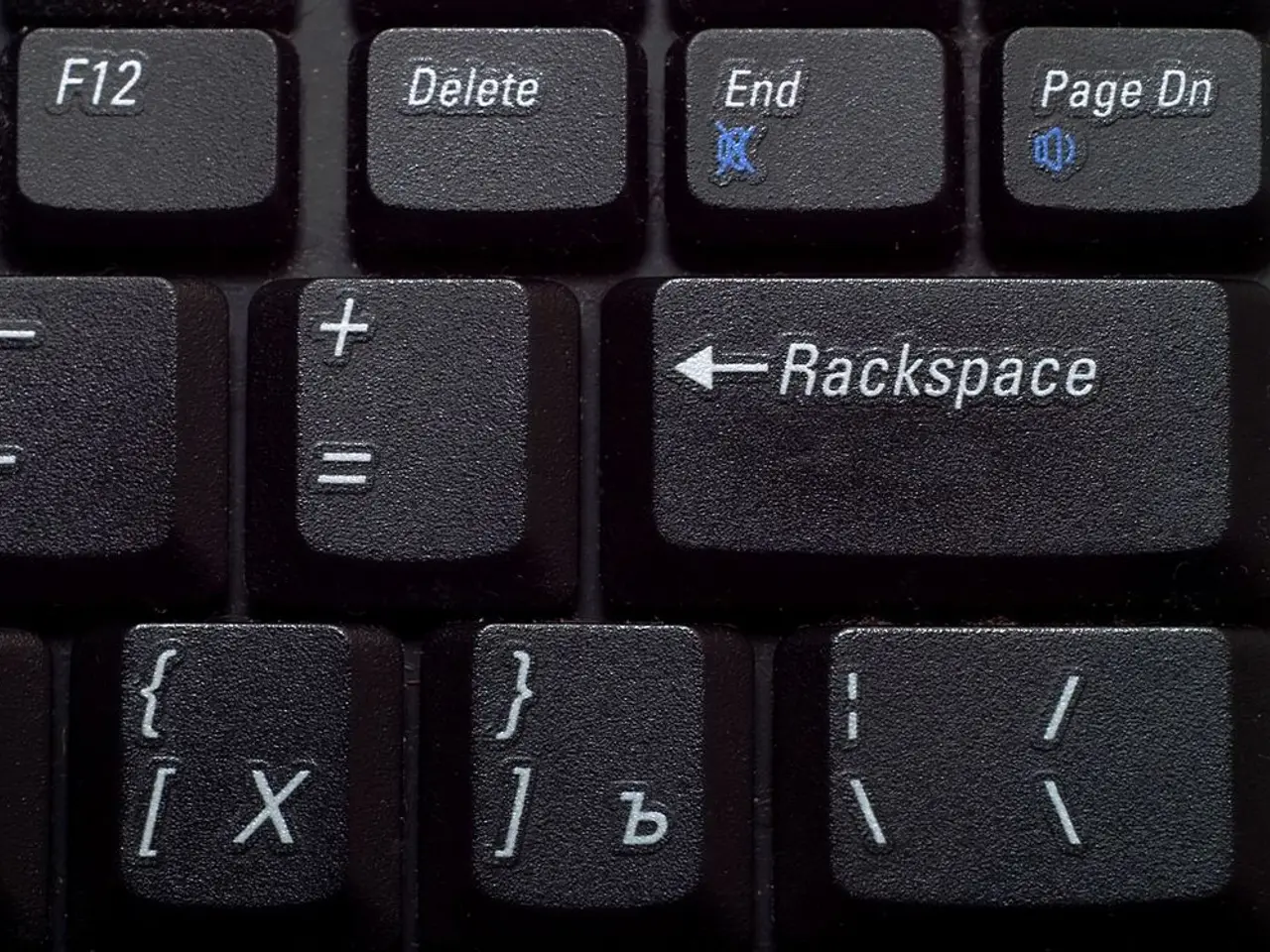Military organization Space Force introduces new GPS control system following prolonged periods of postponements.
The GPS Next Generation Operational Control System (OCX), a project designed to modernize the control of GPS satellites, has been a complex and arduous endeavour spanning nearly two decades.
Development Timeline
The journey of OCX began with initial prototyping contracts in 2007. The Air Force initially estimated that the system would be operational by June 2017, but delays and technical hurdles pushed the delivery date back to July 1, 2025. Despite being delivered, OCX is not yet fully operational; government-led testing, readiness exercises, and constellation transfer are still underway, with operational acceptance expected late in 2025 for Block 1 and 2 capabilities [1][2][3].
The next phase, OCX Block 3F, is currently in development. This update will introduce the ability to control new GPS III Follow-On satellites, with launches expected to start in 2027. Originally expected in July 2025, Block 3F has reportedly been delayed and is now anticipated to be delivered in early 2026, with full operational acceptance expected by late 2027 [1][4].
Cost
The original program budget was estimated at around $3.7 billion in 2012. By 2025, the cost had escalated to roughly $7.6–7.7 billion [1][3][5]. The Space Force's 2026 budget request includes an additional $70.9 million for the development of Block 3F [1].
Challenges
The development of OCX has been marked by extended delays, cost overruns, and testing and acceptance hurdles. Over a decade behind schedule, the delays are largely due to complex software development, integration, and testing issues. The budget nearly doubled from initial projections, raising concerns over program management and oversight [1][2][3].
Despite these challenges, OCX is essential for enabling advanced features such as encrypted M-Code signals, anti-jamming, improved accuracy, and secure geolocation, which are critical for both military and civilian applications [1].
Looking Ahead
If current estimates hold, OCX will enter service in late 2025 with a program cost of $7.7 billion. The Space Force's 2026 budget request includes $70.9 million for the development of Block 3F, which will allow OCX to control new GPS III Follow-On satellites expected to start launching in 2027.
Col. Stephen Hobbs, commander of Mission Delta 31, has stated that OCX will enter operations late this year, if all goes well. The complexity and scale of the OCX project are cited as the main causes of the delays, but with Block 3F underway and software development and factory testing in progress, the future of GPS control is looking brighter.
[1] https://www.gao.gov/assets/gao-21-106338.pdf [2] https://www.spaceforce.mil/News/Article/2666509/space-force-takes-ownership-of-gps-next-generation-operational-control-system-ocx-from-contractor-rtx/ [3] https://www.nextgov.com/emerging-tech/2021/07/air-force-says-gps-ocx-program-still-behind-schedule-costs-escalated/174298/ [4] https://www.nextgov.com/emerging-tech/2021/07/air-force-says-gps-ocx-program-still-behind-schedule-costs-escalated/174298/ [5] https://www.nextgov.com/emerging-tech/2021/07/air-force-says-gps-ocx-program-still-behind-schedule-costs-escalated/174298/
- The Pentagon's Air Force initially aimed to operationalize the Space Force's OCX system by June 2017, but delays and technical challenges pushed the delivery date to July 1, 2025.
- The development of OCX, a modernization project for GPS satellite control, has spanned two decades and encountered complex software development, integration, and testing issues.
- The Space Force's 2026 budget request includes funds for the development of Block 3F, an update that will allow OCX to control future GPS III Follow-On satellites set to launch in 2027.
- The OCX project, which is critical for advanced features like encrypted M-Code signals, anti-jamming, improved accuracy, and secure geolocation, has faced challenges such as extended delays, cost overruns, and testing and acceptance hurdles.




